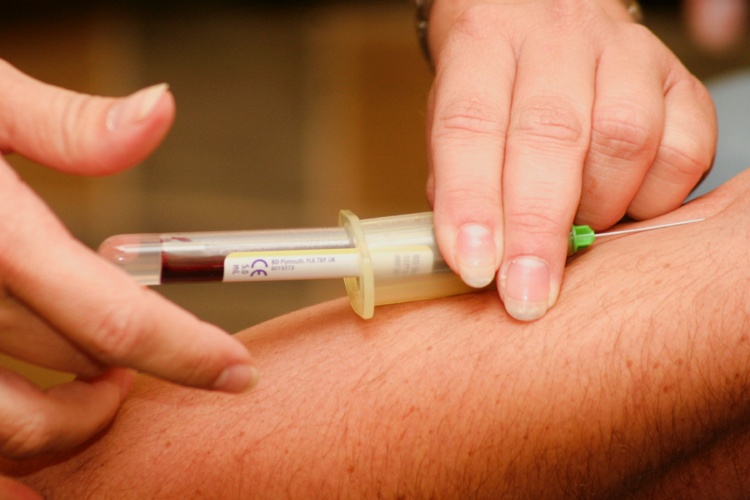
Affecting an estimated 70 million people around the world, hepatitis C is a bloodborne virus that damages the liver. While treatable, it can often go undetected until significant harm has occurred, resulting in diseases such as cirrhosis or cancer. Around 400,000 people die each year from complications associated with hep C.
More from Medical & Healthcare
The new test builds on previous work done by the Glasgow team where they used origami techniques to develop a rapid test for malaria that was trialled in Uganda. It uses sheets of origami-like folded wax paper to prepare samples for a process known as loop-mediated isothermal amplification, or LAMP.
Paper folding enables the sample to be processed and delivered to three small chambers in a cartridge, which the LAMP machine heats and uses to test the samples for the presence of hepatitis C RNA. According to the researchers, the technique is sufficiently simple that in the future it could be delivered from a blood sample taken from a patient via a finger prick. The work is set to be published in Nature Communications.
“The World Health Organisation has published guidelines for the kinds of rapid, accurate diagnostic tests which could help tackle infectious diseases around the world, including hepatitis C,” said Professor Jonathan Cooper from the University of Glasgow’s James Watt school of Engineering, a co-author of the study.
“Our malaria diagnosis system was a response to that call to action. While that tested patients’ blood for the presence of the DNA of Plasmodium falciparum, the mosquito-borne parasitic species which causes malaria, we were confident that it could be adapted for other purposes.
“We’re pleased to have been able to work with our colleagues at the MRC-University of Glasgow Centre for Virus Research to develop this system, which tests for the presence of hepatitis C RNA. The Centre is home to some of the world’s leading virologists, and it’s been great to have their input and guidance through the development process.”
To test their prototype, the team used the system to analyse 100 anonymised blood plasma samples from patients with a chronic HCV infection and another 100 samples from HCV-negative patients, which acted as a control group. The samples were also tested using an industry-standard Abbott RealTime hepatitis C assay to confirm the LAMP results. The LAMP tests delivered results with 98 per cent accuracy.
The team is now planning on testing the system in field trials in sub-Saharan Africa in 2022.




Poll: Should the UK’s railways be renationalised?
I think that a network inclusive of the vehicles on it would make sense. However it remains to be seen if there is any plan for it to be for the...